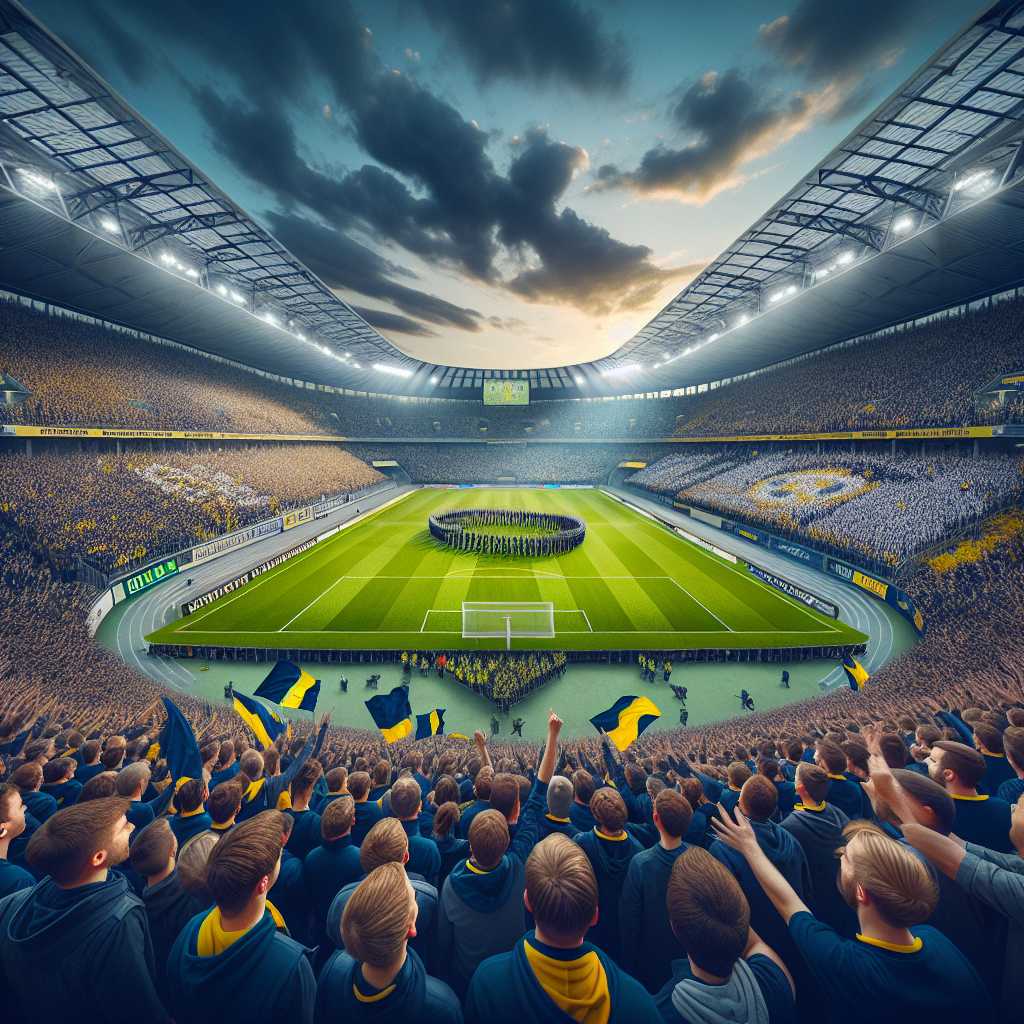The History and Significance of Torquay United Football Club
Torquay United Football Club stands as an emblem of the sporting culture in Torquay, Devon, with a history that intertwines with the English football narrative. From its foundation to its present-day struggles and victories, Torquay United FC reflects the rich tradition of football at the grassroots and professional levels, providing both a source of local pride and an example of the sport’s unifying power.
Founding and Early Years
Torquay United was formed in 1899, springing from the merger of several local teams. The club’s early years were characterized by modest success within minor leagues, and their participation helped the team gain a sturdy foothold in English football. Their journey through various leagues illustrates the quintessential story of an English football club navigating through organizational complexities and financial constraints whilst fostering community support.
Twentieth Century Progression
During the early to mid-20th century, Torquay United consolidated its presence within the local and national football scenes. Entry into the English Football League became a milestone in 1927, laying the groundwork for future developments. Intermittent accomplishments throughout the 1950s to the 1970s showcased Torquay United’s ability to compete while reflecting common challenges faced by smaller clubs, such as limited resources and fierce competition from larger teams.
Modern Era Challenges and Achievements
The modern era brought about increased professionalism within football, with rising commercial aspects significantly affecting clubs like Torquay United. Nonetheless, Torquay persisted, exemplifying true grit through playoff thrills, relegation battles, and at times financial uncertainty. Recent years have seen the team remained passionate cultural touchstones for fans, even as they operate within the lower tiers of the English football league system.
Fan Culture and Impact on Torquay
Local loyalty has been paramount for Torquay United’s survival and spirit. The camaraderie amongst fans exemplifies the profound cultural impact a football club can have on its home town. Their grassroots efforts often ensure the club’s sustainability through fluctuations in success and stature. Such communion underscores football’s titular reputation as ‘the beautiful game’ – revered not only for athletic pursuit but also for its community-binding effects.
Stadium and Facilities
Home to Torquay United is Plainmoor stadium, an emblematic site within Torquay. An intimate venue rich with historical significance, Plainmoor mirrors Torquay United’s narrative of resilience and continuity. Over time, it has been upgraded to support the improved standards expected at professional football grounds while maintaining its traditional charm—a balance symbolizing progress without forgoing heritage.
Training Academy and Youth Development Program
Looking to the future, youth development remains a central tenet of Torquay United’s ethos. The club has heavily invested in its academy infrastructure to nurture talent locally – an initiative that aligns with larger trends in football to create sustainable pathways from youth ranks up through professional levels. This not only aids in club development but offers young athletes in Devon a vital access point to organized sports.
Owner Management and Economic Aspects
Ownership stability can be mercurial for many a football club; Torquay United has navigated this aspect with varying results over their history. Investment challenges often facing clubs at this tier provide a fascinating lens into economics within sport—a balance between passionate involvement and sustainability necessities.
Recent Performance Analysis
Analyzing recent seasons offers insights into present dynamics within Torquay United. From league placement to pivotal matches that have flavored seasons with triumph or disappointment, each campaign provides fresh narratives in this club’s unfolding legacy.
Community Programs and Social Responsibility
Torquay United maintains robust ties within their local area through various community programs and social initiatives. Through charity matches, education programs, and engagement projects, they reinforce their position as more than a mere sporting entity but a social cornerstone as well.
